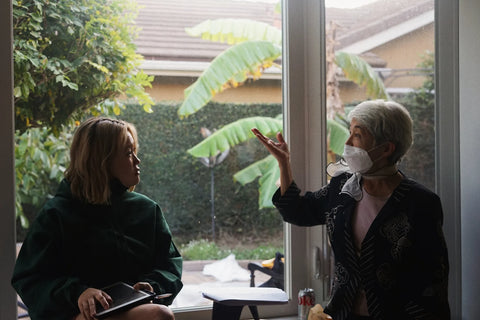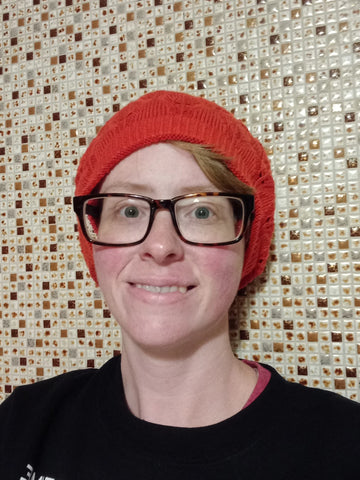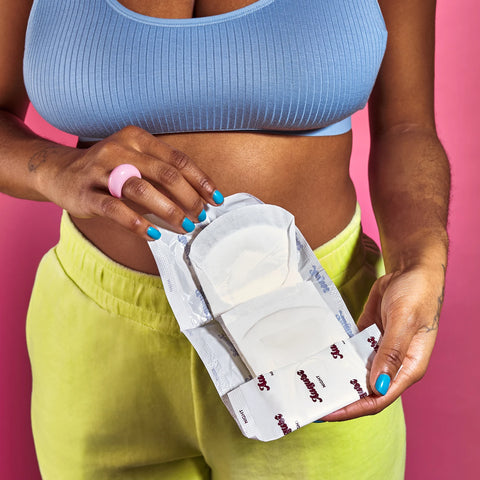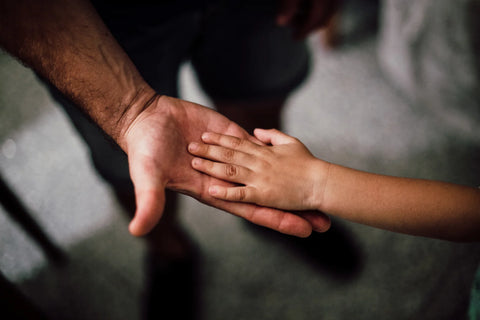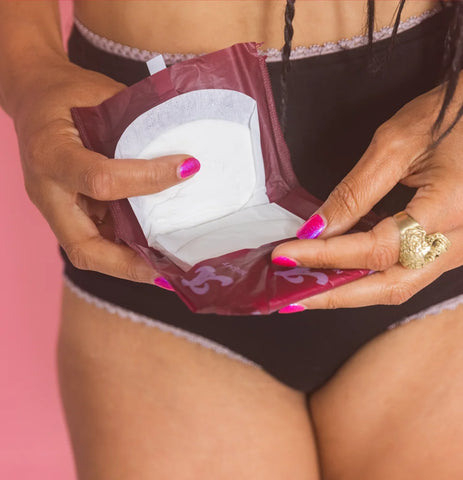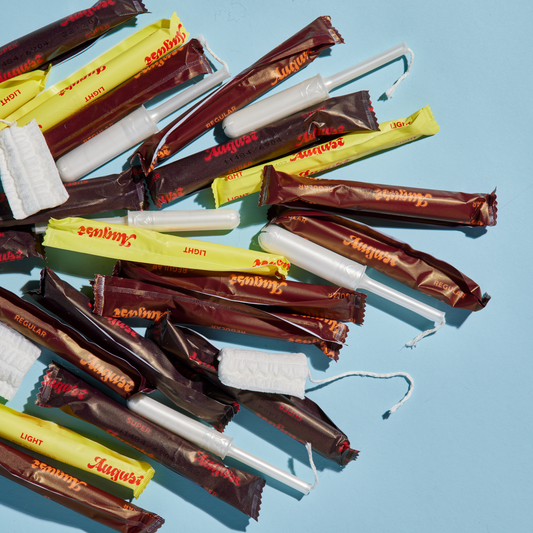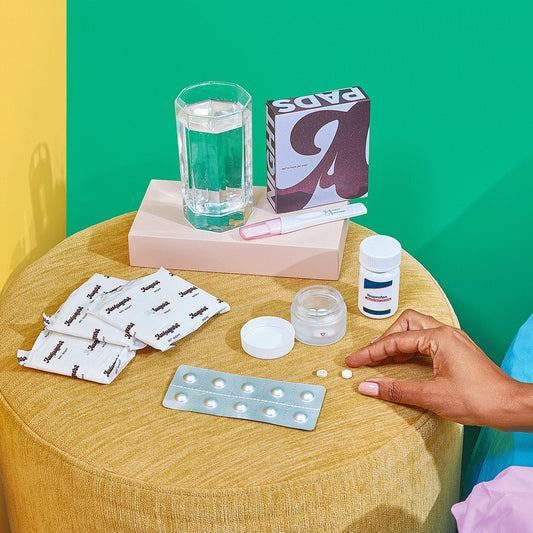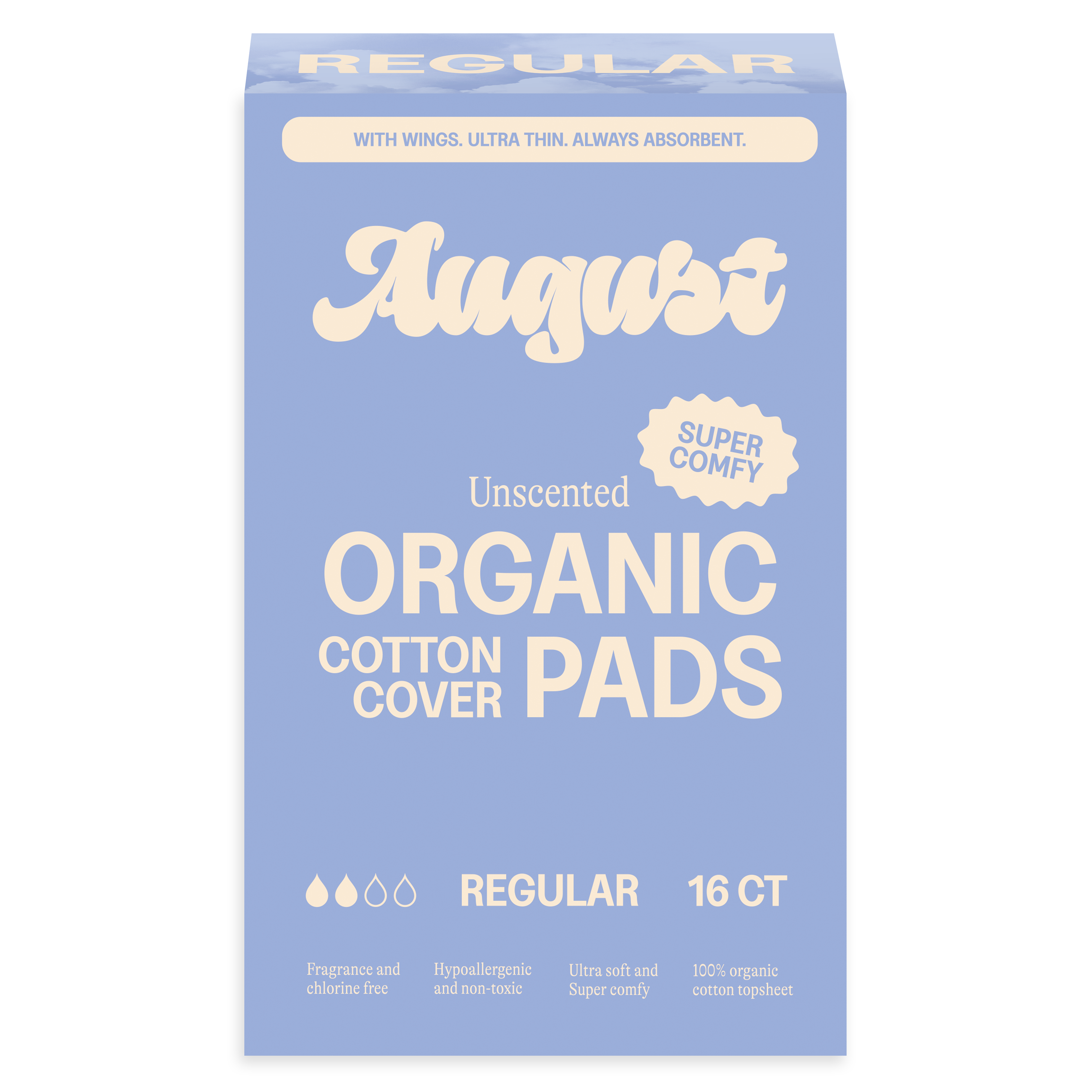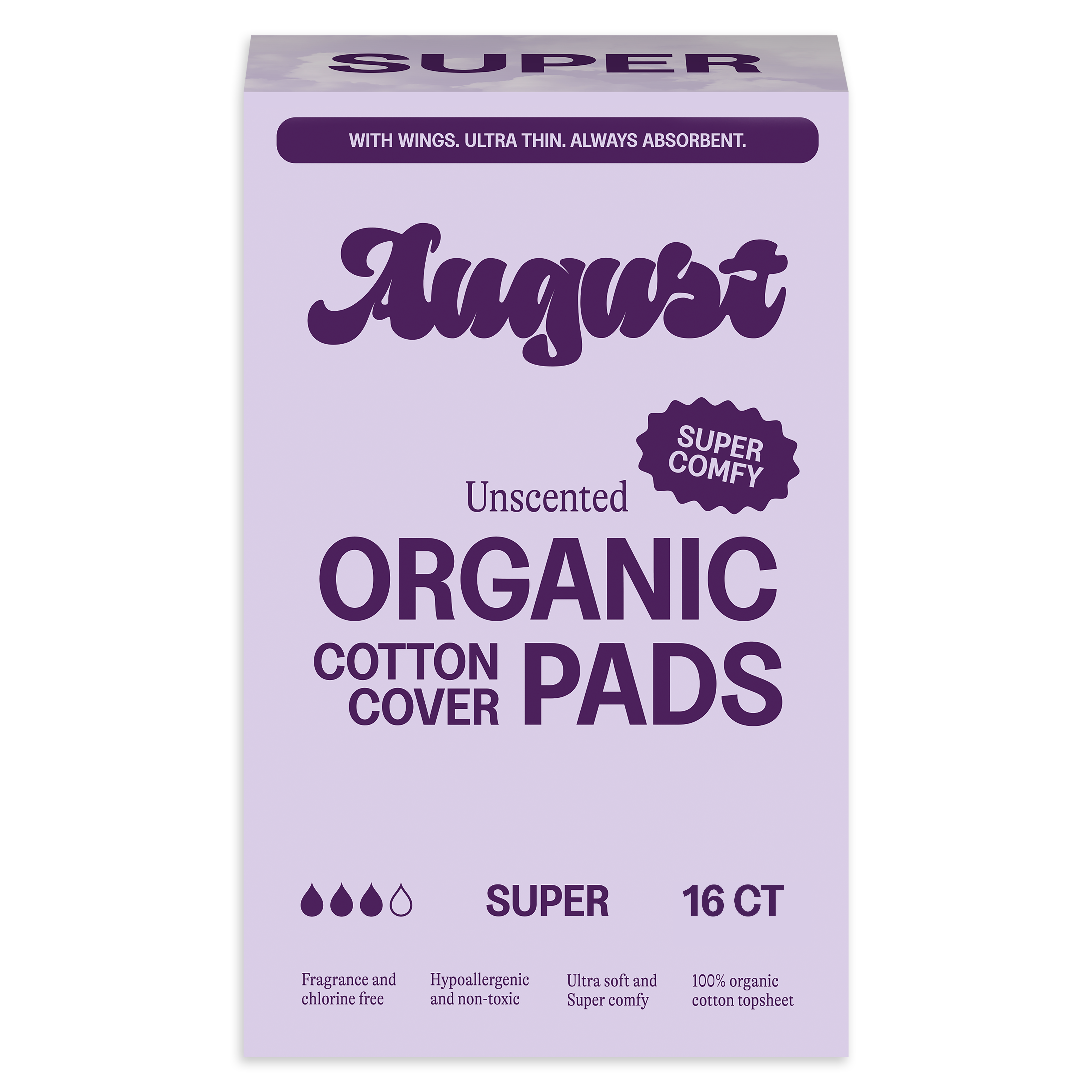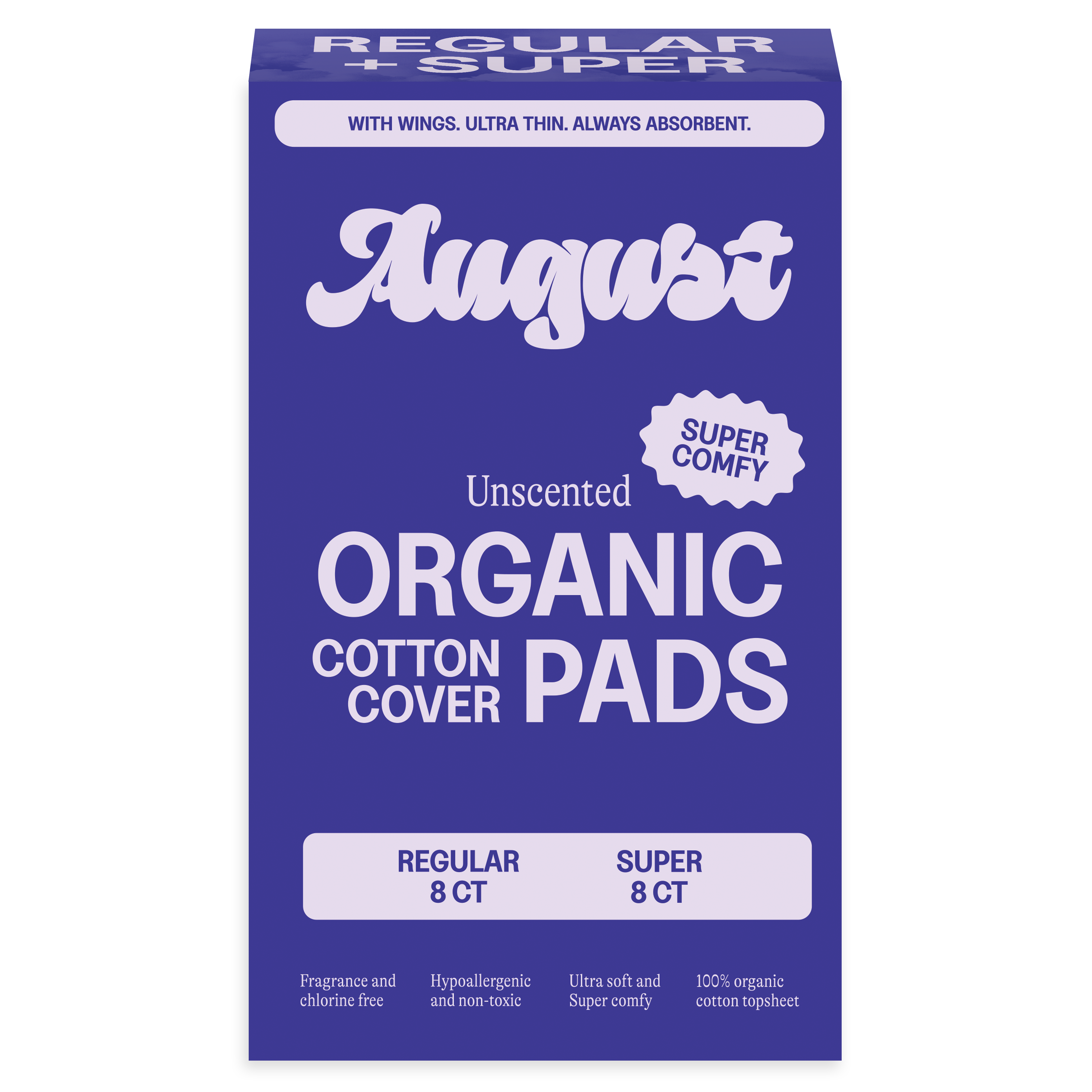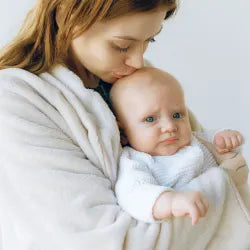
Does not getting a period due to taking hormones affect reproductive health?
The short answer is no, but there are some possibilities of it affecting reproductive health. Age is an example for declining fertility rates. The presence of certain hormones can also reduce a person's chances of getting pregnant. Any underlying issues like endometriosis, hormonal imbalances, or bleeding abnormalities may affect fertility, too. If you have fertility concerns, we recommend that you speak with a doctor. They will help you better understand your body, particularly when it comes to this issue!
For more information, check out our Gender Inclusivity Period Talk guide, made in partnership with Schuyler Bailar!
The short answer is no, but there are caveats. Age, alone, affects fertility and fertility decline occurs naturally and gradually, starting at about 32 years. Hormonal imbalances, endometriosis, and bleeding abnormalities may also influence fertility. Many take hormones, specifically the pill, for many years to manage these issues mentioned above. Once stopping the pill, the issues for which you were taking the pill may resurface and have an effect on fertility.
If you have fertility concerns, we recommend that you speak with a doctor. They will help you better understand your body, particularly when it comes to this issue!
For more information, check out our Gender Inclusivity Period Talk guide, made in partnership with Schuyler Bailar!



